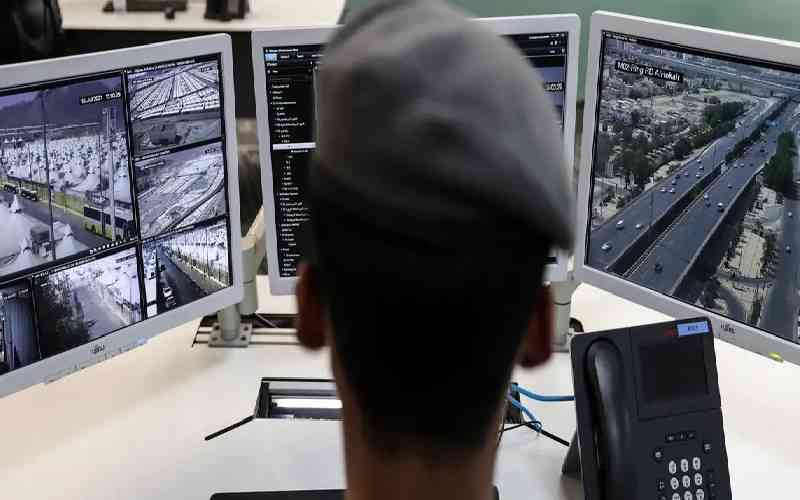
In May this year, Khalaf al-Romaithi flew from Turkey to Jordan to look for a new school for his son. But the Emirati dissident was detained there because of his eyes. Or, to be more exact, because of the biometric information his eyes held.
The 58-year-old had been travelling on a Turkish passport, but a scan of his irises at Amman's airport indicated he was the same Khalaf al-Romaithi previously sentenced to 15 years prison in the United Arab Emirates. That was as part of a mass trial of 94 critics of the UAE leadership in 2013, that human rights organizations have condemned as politically motivated.